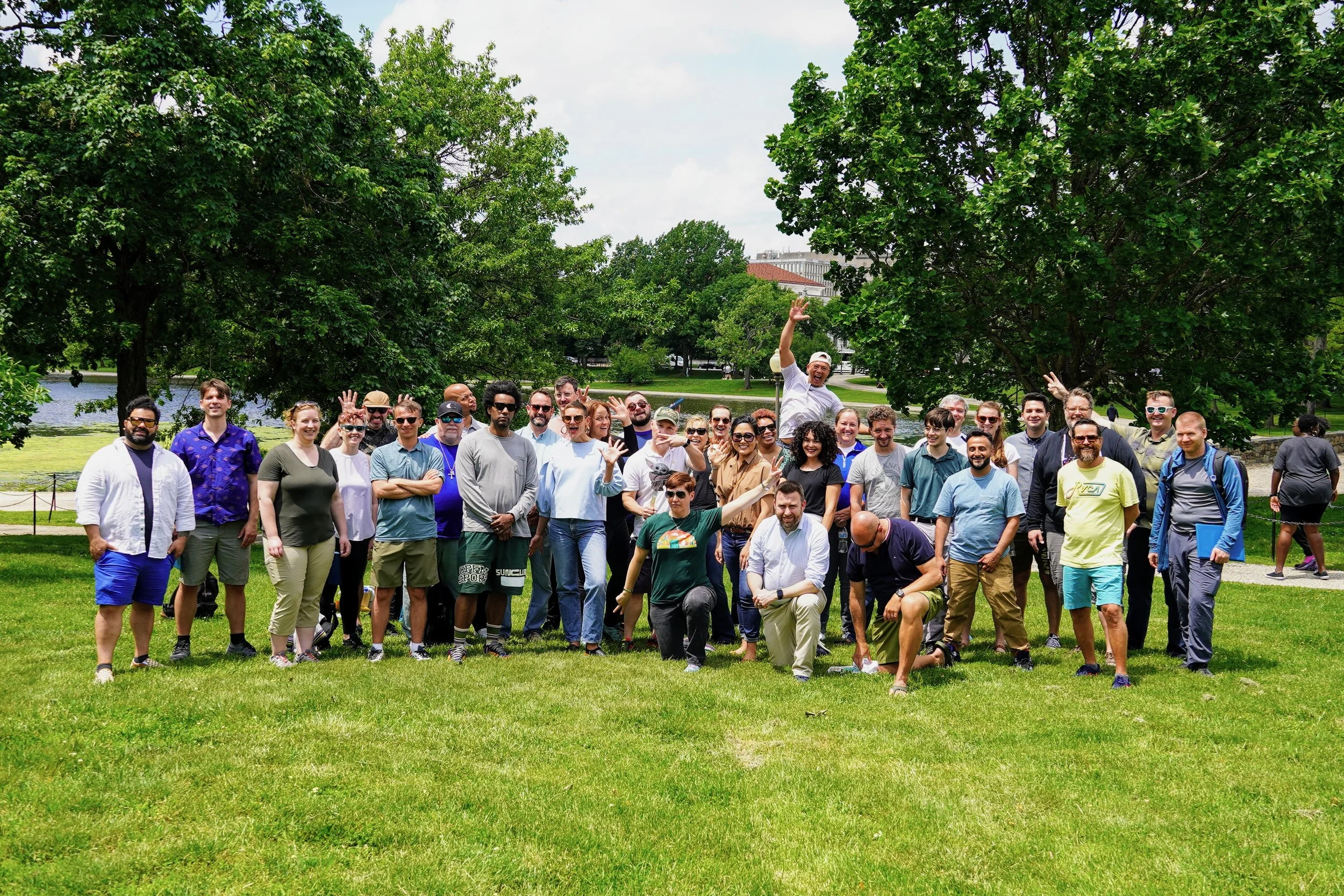What We Built, What We Lost
There are places that shape us. Not because they’re perfect, but because they let us show up as we are, and do work that matters. For me, the Defense Digital Service was that place.
I joined DDS because it wasn’t like the others.
My time at DDS wasn’t defined by a single project — it was a blur of missions stacked on top of each other, each demanding urgency, clarity, and heart. I worked on everything from counter-unmanned aerial systems (cUAS) to critical efforts tied to the Afghanistan evacuation. When the team needed support on recruiting, I stepped in there too — because at DDS, titles didn’t box you in. If something needed doing, you did it.
It was a flat organization — no hierarchy to climb, no corner office to covet. Everyone held the same title. No one was angling for a promotion or polishing their résumé for the next big job. We were time-bound — temporary stewards of a mission that would continue after us, if we did it right.
We were there for purpose. Nothing more. And nothing less.
DDS brought together a strange, brilliant constellation of people — technologists, policy wonks, military veterans, engineers, human rights advocates — each one drawn not to power, but to service. We were the Pentagon’s SWAT team of nerds, as the press liked to say.
We weren’t just technologists. We were problem-solvers. Firefighters. Bridge-builders. Whatever the moment called for.
This week, nearly every member of that team submitted their resignation.
The story broke in Politico — I was interviewed for the piece, though no quote can quite carry the weight of what this loss means. (Read the full article here).
DDS was small, but mighty. We responded to crisis with urgency — not in years, but in days. We did this because we believed, deeply, that government could be better. That service, when rooted in humility and rigor, still mattered.
The Department of Defense will feel this loss. Not all at once. Not in ways that make headlines. But the effects will trickle down — to soldiers waiting for a tool that never comes, to families navigating outdated systems, to lives that slip through the cracks when the people who could’ve caught them are no longer there.
It’s hard to let go. Not just of the work, but of the way we worked. Of what it felt like to serve beside people who weren’t looking to win — only to help.
But I carry the memory of that time with me. The late nights. The Slack messages turned lifelines. The quiet victories that saved lives, even if no one noticed.

